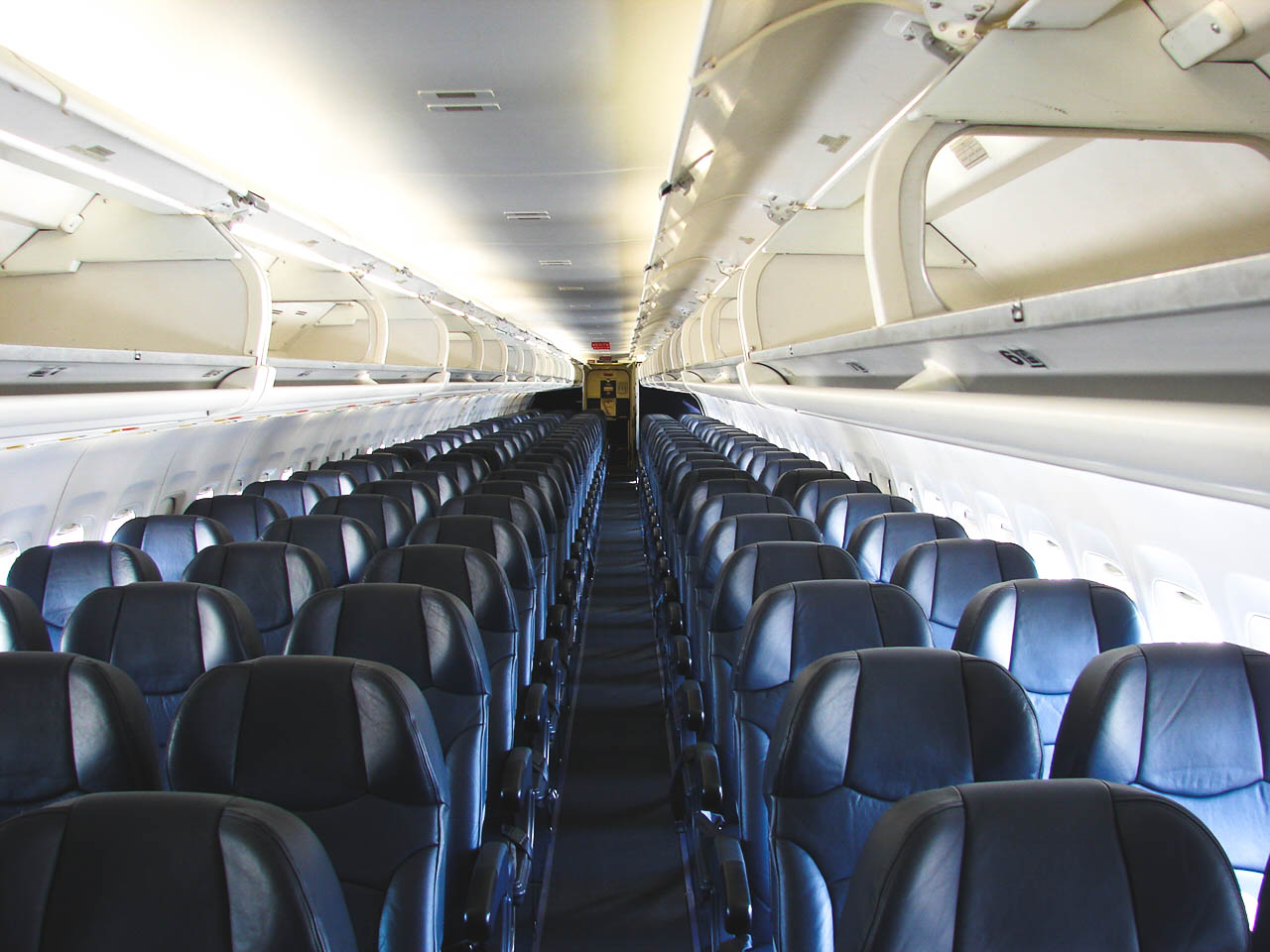The Republic of Ghana’s President John Dramani Mahama visited KSU Monday, Sept. 30, to present a keynote speech, read from his book and answer student questions asked by KSU President Daniel Papp in the crowded auditorium of the Bailey Performance Center.
Mahama accepted an invitation to come to KSU in July to conclude the university’s Year of Ghana study. His visit marks the first time a sitting head of state has visited KSU’s campus.
The West African leader made it a point to visit KSU’s campus alongside a delegation of senior Ghanaian officials during his U.S. trip to deliver a keynote speech on the role of democratic government and economic development in Ghana and the nation’s role in the modernized world.
Lance Askildson, KSU’s chief international officer and the executive director of the Institute for Global Initiatives, said he was privileged to be a part of Mahama’s momentous visit to KSU.
“This visit is a compelling illustration of the global engagement that Kennesaw State University has cultivated over the past 20 years,” said Askildson. “Although our campus is located in Kennesaw, Ga., our classroom is the world.”
“We are deeply honored by President Mahama’s visit to Kennesaw State University,” said Papp as he introduced the Ghanaian leader.
Mahama was welcomed to the stage by a standing ovation of nearly 600 audience members.
“For far too long, Africa has been discussed in both academic and policy discourse with pity and extreme pessimism,” Mahama said. “There is an obvious need to recalibrate the global direction of Africa. It is time to reverse that narrative.”
He said that while the majority of the world has experienced an economic downturn in recent years, many African nations are expanding economically, adding that the continent is the world’s second largest growing region in the last decade.
He said Africa’s GDP of $1.5 trillion is expected to double by the year 2020, largely in part because of Africa’s young workforce.
“In today’s Africa, information technology, especially in the area of telecommunications, has provided a continent with an unprecedented opportunity to leapfrog,” Mahama said. “I know this because I was the Minister of Communications.”
He said that while telephone connectivity in the region was one-tenth of the global average in the mid ‘90s, “the sector has witnessed phenomenal growth.”
Mahama said the vast majority of the region’s adult population relies on mobile phone technology for financial services such as money transfers and banking.
“Today, Ghana has an excess of 20 million lines for a population of 24 million,” he said.
A major contributing factor to Africa’s economic development, Mahama said, is the continent’s abundance of natural resources. He said that Africa contains about ten percent of the world’s oil reserves, 40 percent of the world’s gold reserves and 60 percent of the world’s remaining uncultivated, arable lands.
“Our greatest challenge is to put in place systems to allow these resources to be used to the benefit of our people,” he said.
After the speech, Mahama read aloud from his memoir, “My First Coup d’Etat.”
Q&A
Following the lecture, Mahama sat down with Papp, who asked a variety of questions submitted by members of the audience. The topics of the questions included the role of women in Ghanaian society, issues concerning Ghana’s growing economy, the restructuring of the United Nations Security Council and the chances of Ghana’s national soccer team returning to the World Cup in 2014.
“What is the role of women in the future of Ghana?” Papp asked.
“Women are the backbone of Ghanaian society,” Mahama replied before listing a number of prominent government positions held by women.
“Our foreign minister is a woman, our attorney general and minister of justice is a woman, the minister of transport is a woman, the minister of education is a woman, the minister of health is a woman. . .” The president was interrupted by a burst of cheers and applause from the audience.
He said that in Ghana, women are to be found in just about every sector imaginable.
When asked about his decision to study history, Mahama said, “I’m glad I studied history, it makes you know the breadth of this world and how far mankind has come.
“If you’re just a little drop in history, just a little moment in the millions of years that this world has existed, why should you get angry? Why should you fight? Why should you kill each other?”
He said studying history helped make him who he is.
Background
Mahama was born in Damongo, the capital city of the West Gonja district in the northern region of Ghana.
He received a bachelor’s degree in history in 1981 from the University of Ghana and a postgraduate degree in communications studies in 1986. He then attended the Institute of Social Sciences in Moscow to further his studies.
Ghana’s leader was elected to his country’s Parliament for a four-year term in 1996, and in 1998, he became the Ghana’s minister of communications. Mahama was elected to a second and third four-year term as a member of Parliament in 2000 and 2004.
Prior to his arrival in Atlanta, Mahama attended the U.N. General Assembly in New York.




